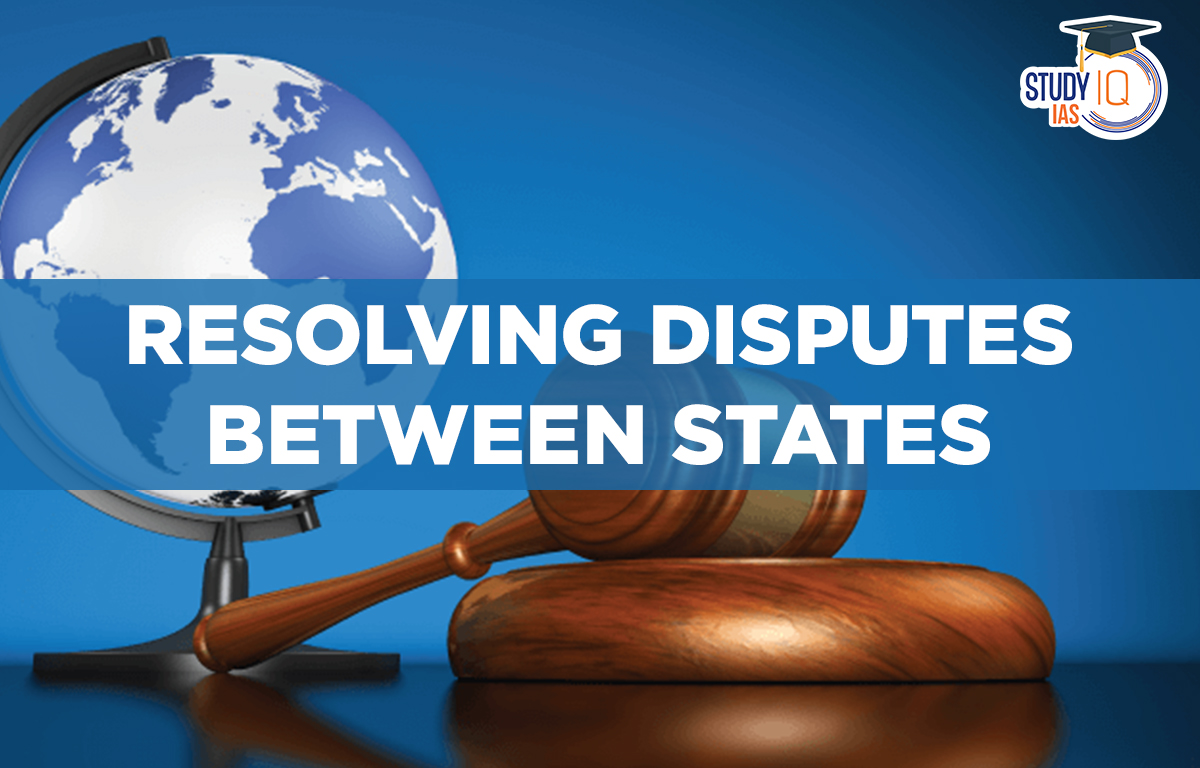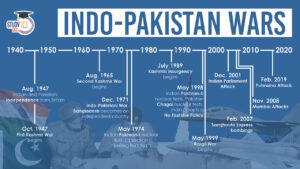Table of Contents
Context: Both the houses of the Maharashtra Assembly have passed a unanimous resolution to support a legal battle to resolve Maharashtra-Karnataka border dispute
About Maharashtra-Karnataka Border Dispute
- Origin: Maharashtra and Karnataka boundary dispute has its origins in the reorganisation of states along linguistic lines via the State Reorganisation Act, 1956.
- Since its creation on May 1, 1960, Maharashtra has claimed that 865 villages, including Belagavi (then Belgaum), Karwar and Nippani, should be merged into Maharashtra.
- On October 25, 1966, the Centre constituted the Mahajan Commission headed by the then Supreme Court Chief Justice Meher Chand Mahajan.
- It recommended 247 villages/places, including Jath, Akkalkote and Solapur, to be made part of Karnataka.
- It declared 264 villages /places, including Nippani, Khanapur and Nandagad, to be made part of Maharashtra.
- However, commission’s report was outrightly rejected by Maharashtra.
- In 2004, the Maharashtra government filed a petition in the Supreme Court, staking claim over Marathi-speaking villages in Karnataka.
- Karnataka, meanwhile, changed the name of Belgaum to Belagavi and made it the second capital of the state.
Methods of Resolving Disputes between States
- Cooperation: Inter-state disputes are resolved with the cooperation of both sides, with the Centre working as a facilitator or a neutral mediator.
- If issues are resolved amicably, Parliament can bring a law to alter state boundaries, such as the Bihar-Uttar Pradesh (Alteration of Boundaries) Act of 1968 and the Haryana-Uttar Pradesh (Alteration of Boundaries) Act of 1979.
- Judicial redressal: The Supreme Court in its original jurisdiction (Article 131 of the Constitution) decides imputes between states.
- Inter-state Council: Article 263 of the Constitution gives powers to the President to set up an Inter-state Council for resolution of disputes between states.
- The Council is envisaged as a forum for discussion between the states and the Centre.
- In 1988, the Sarkaria Commission suggested that the Council should exist as a permanent body, and in 1990 it came into existence through a Presidential Order.
- In 2021, the Centre reconstituted the Inter-state Council and the body now has 10 Union Ministers as permanent invitees.
- The standing committee has been reconstituted with Home Minister as Chairman.
Way Forward
- Boundary delineation based on land surveys: Each state shall establish a state committee to collaborate with the Survey of India and other impartial land surveying organisations.
- Indigenous communities can also be involved in this process of deciding where the borders are.
- Strengthening of Inter-State Councils and Zonal Councils: These Councils should meet frequently to discuss areas of common interest between states and to provide institutional solutions that will be advantageous to both parties in the event of a dispute.
- Mutual resolution: India requires a nationwide, centralised freeze on actions while states decide how to best resolve their conflicts.
- The Election Commission must penalise political parties and individuals that engage in border provocations in order to stop them.
- Political restraint: It must not be permitted for political elites to incite tensions along disputed boundaries in order to satisfy their desire for electoral power and territorial aspirations.
Article 131 of the Constitution
- Under Article 131 of the Constitution, the Supreme Court shall have original jurisdiction in any dispute
- between the Government of India and one or more States; or
- between the Government of India and any State or States on one side and one or more other States on the other; or
- between two or more States
- However, the jurisdiction shall not extend to a dispute arising out of any treaty, agreement, covenant, engagements, and or other similar instrument which has been entered into or executed before the commencement of the Constitution or which provides that the said jurisdiction shall not extend to such a dispute.
Article 263 of the Constitution
- Provisions with respect to an inter State Council If it appears to the President that the public interests would be served by the establishment of a Council charged with the duty of
- inquiring into and advising upon disputes which may have arisen between States;
- investigating and discussing subjects in which some or all of the States, or the Union and one or more of the States, have a common interest; or
- making recommendations upon any such subject and, in particular, recommendations for the better coordination of policy and action with respect to that subject, it shall be lawful for the President by order to establish such a Council, and to define the nature of the duties to be performed by it and its organisation and procedure.


 Article 142 of Indian Constitution, Sign...
Article 142 of Indian Constitution, Sign...
 Pakistan-Occupied Kashmir (PoK): History...
Pakistan-Occupied Kashmir (PoK): History...
 List of Indo-Pakistan Wars and Conflicts...
List of Indo-Pakistan Wars and Conflicts...





















